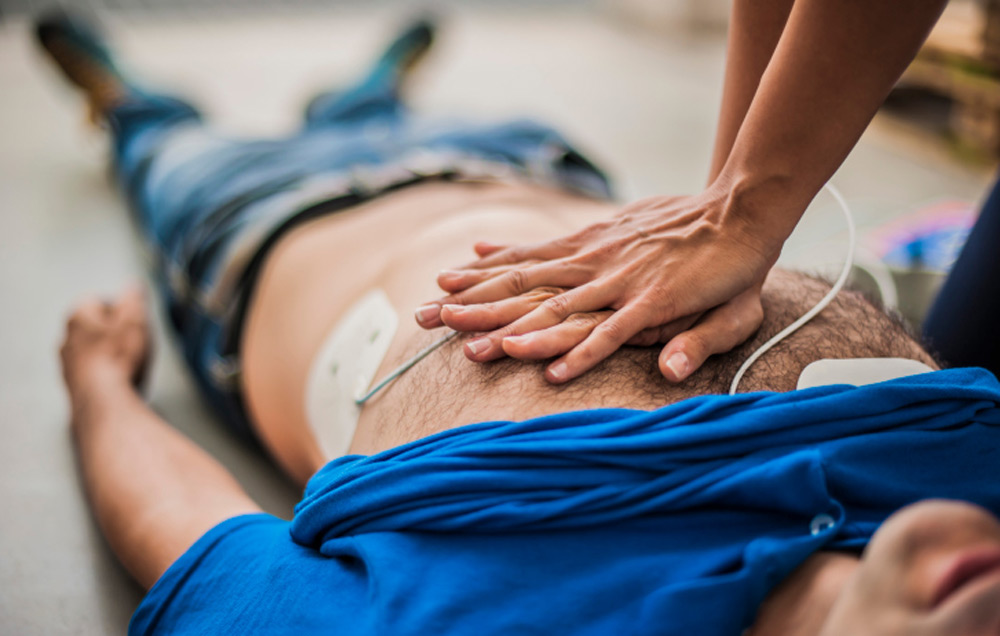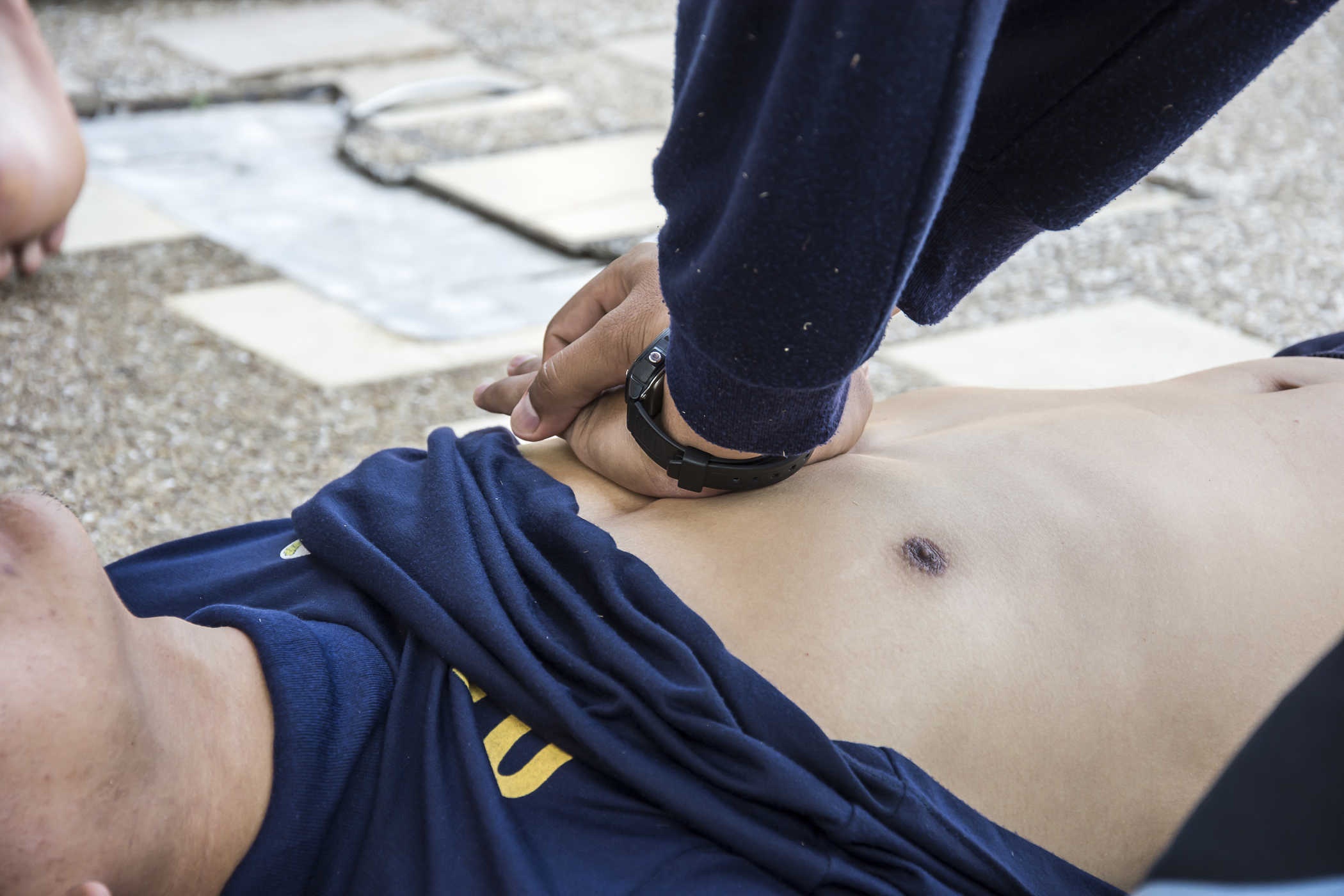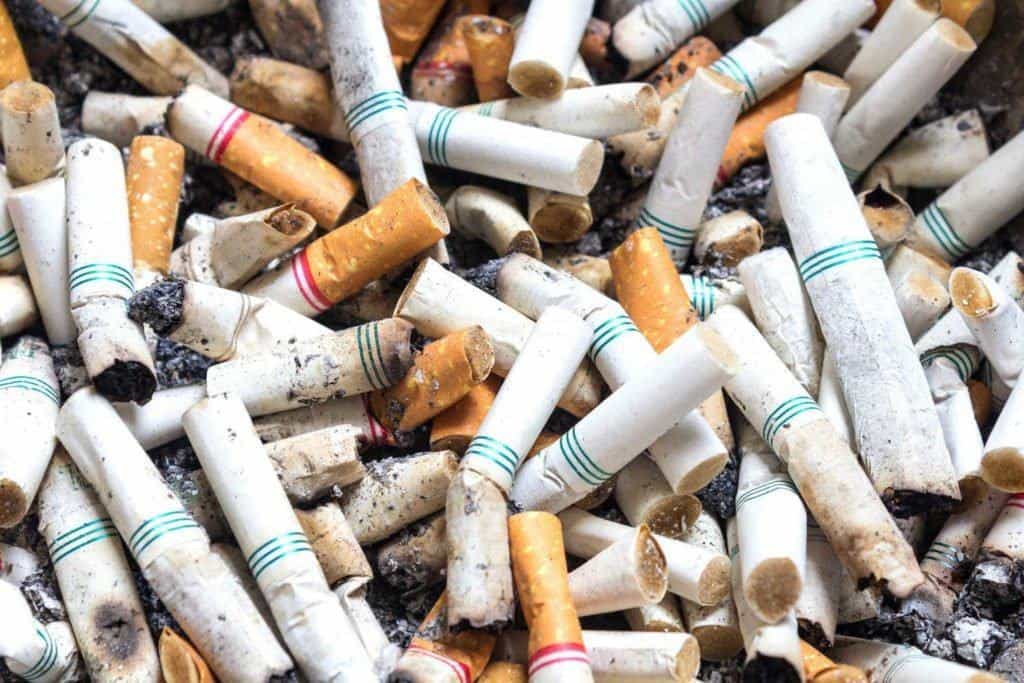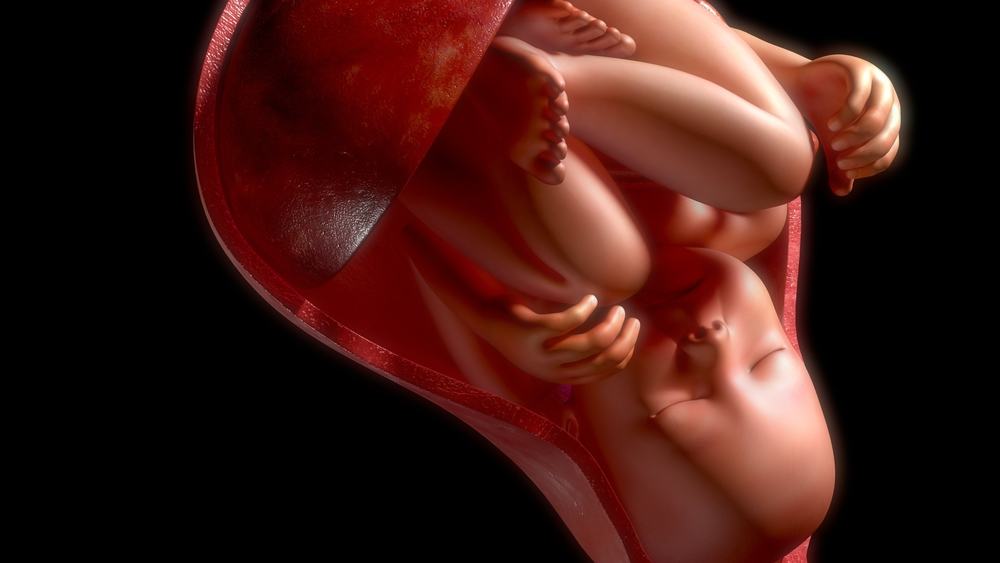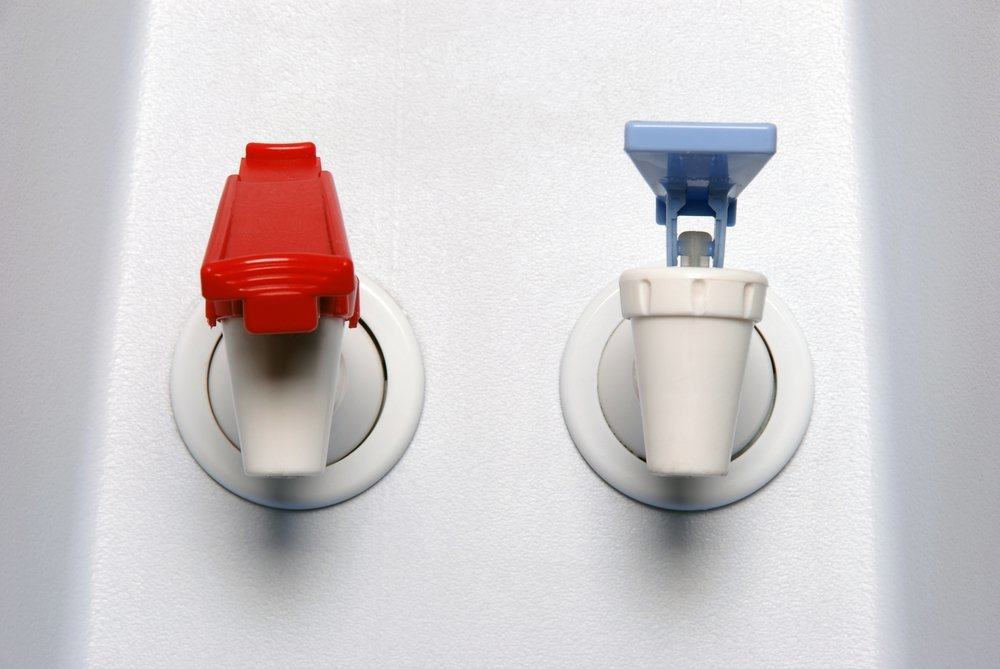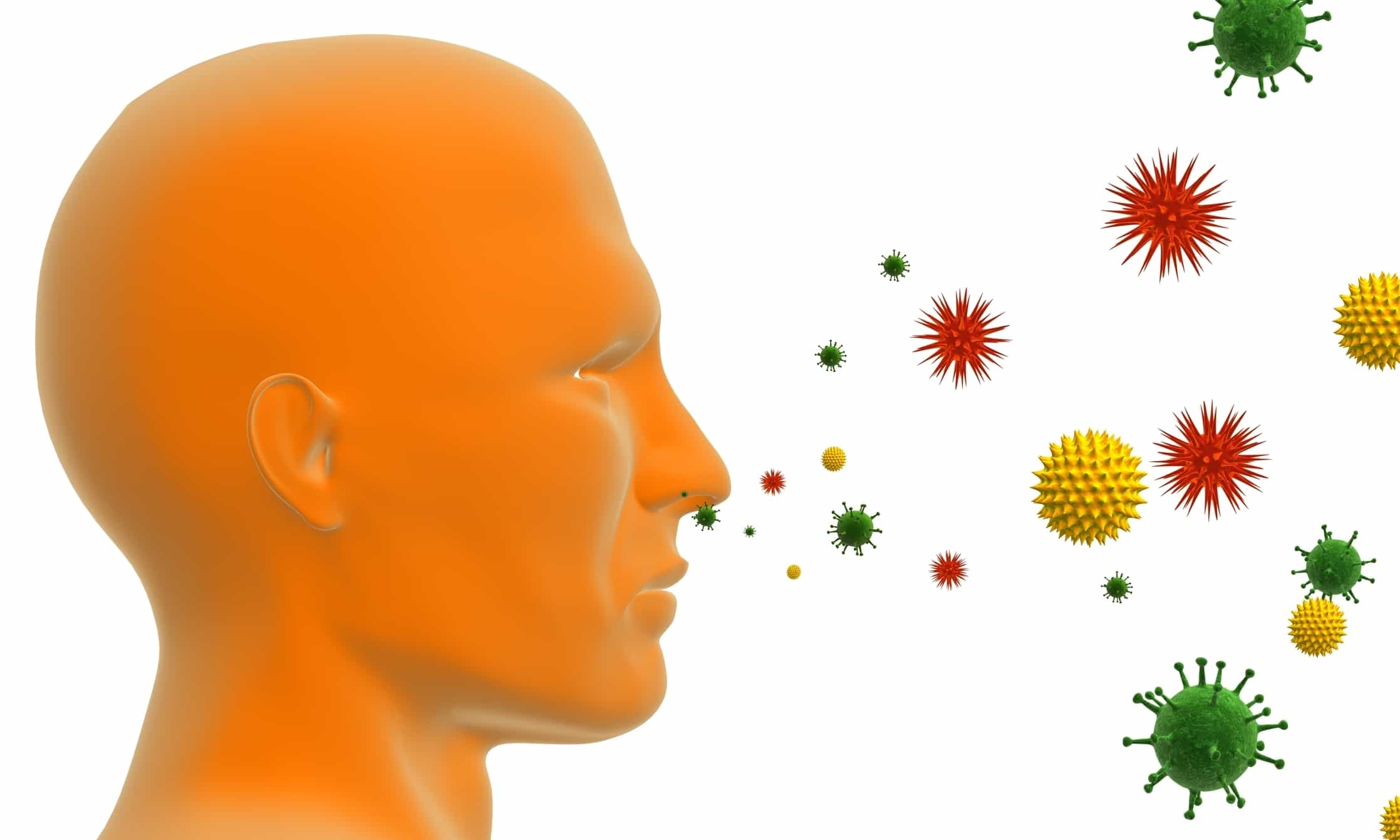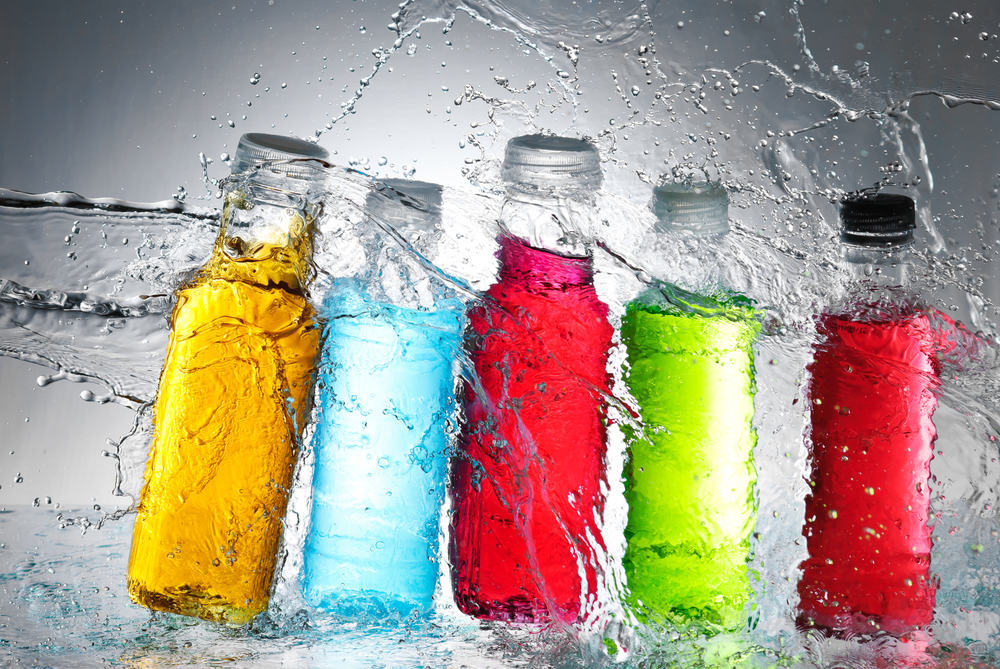Contents:
- Medical Video: Woman On ‘Crossing Over’ During Cardiac Arrest: I’m No Longer Afraid Of Death | Megyn Kelly TODAY
- Actually, what effective CPR technique is not?
- Giving artificial breath from mouth to mouth is actually unnecessary
- So, what should be done in an emergency situation?
Medical Video: Woman On ‘Crossing Over’ During Cardiac Arrest: I’m No Longer Afraid Of Death | Megyn Kelly TODAY
Cardiac and pulmonary resuscitation (CPR / Cardiopulmonary Resuscitation) is a technique to save lives which is usually done in an emergency. For example heart attack or when drowning, where one's breathing or heart rate stops completely. However, lately a number of surveys and research have shown that this technique is actually not effective for helping someone. Is that true? Check out the answer below.
Actually, what effective CPR technique is not?
There are two things that need to be considered in the CPR procedure in general, namely chest compression (compressing the chest area) to maintain blood circulation and giving artificial breath from mouth to mouth (mouth-to-mouth breathing) to maintain oxygen supply into the victim's body.
Respiratory assistance by mouth (mouth-to-mouth CPR) become ineffective if done by people without a medical background or have never attended CPR training before. Why so? This CPR technique must be carried out by people who have taken CPR training, not only as long as they give breath from mouth to mouth like in films.
Without the right knowledge and training about resuscitation techniques, CPR does not help. Don't get me wrong, giving artificial breath in CPR is not as easy as that seen in movies or television shows. CPR is not just giving someone else's mouth a breath. You also have to continue to monitor the condition of the victim, do chest compression, and know exactly how many seconds for each step.
In fact, a deep research Journal of the American Medical Association (JAMA) in 2012 showed that of all victims who received artificial CPR breath, only 2% could finally be saved and recovered.
During this time, the act of giving breath from mouth to mouth in CPR is indeed quite difficult. Not everyone can do it well and requires enough practice. Even trained health workers will find it difficult to do it if it is not routinely done.
In addition to requiring breath and lung strength from the helper, this action is also at risk for transmitting diseases, especially respiratory diseases, from the victim to the helper and vice versa.
Giving artificial breath from mouth to mouth is actually unnecessary
During this time the act of giving mouth breath is an integral part of the CPR procedure. However, a recent study reported that the CPR procedure without mouth breathing turned out to be as effective as standard CPR that is commonly done.
According to two studies published by New England Journal of Medicine, CPR techniques that are only done with chest compressions are enough to help the patient, without giving mouth to mouth breath. There was no significant difference regarding the level of safety of victims who were helped by chest compressions with those who were also given artificial breath.
Research actually shows that the CPR technique with chest compressions is more effective than CPR with chest compression and artificial breathing.
Research conducted in Washington, United States (US) showed that the level of safety of victims who were helped only with chest compression was 12.5%. Whereas those who were also helped with artificial breathing had a lower success rate of 11%.
The second study in Sweden proved that the level of safety of victims given CPR assistance only with chest compressions was 8.7%. Whereas the standard CPR is 7%.
So, what should be done in an emergency situation?
If you do not have a medical background and have never participated in CPR training, there is no need to give artificial breath when helping people who lose consciousness or stop breathing.
You can simply do CPR by means of chest compression. Check out the steps inside this link or at bit.ly/CPR techniques and most importantly, immediately seek emergency medical assistance.

